3DPrinting
3DPrinting is a place where makers of all skill levels and walks of life can learn about and discuss 3D printing and development of 3D printed parts and devices.
The r/functionalprint community is now located at: !functionalprint@kbin.social or !functionalprint@fedia.io
There are CAD communities available at: !cad@lemmy.world or !freecad@lemmy.ml
Rules
-
No bigotry - including racism, sexism, ableism, homophobia, transphobia, or xenophobia. Code of Conduct.
-
Be respectful, especially when disagreeing. Everyone should feel welcome here.
-
No porn (NSFW prints are acceptable but must be marked NSFW)
-
No Ads / Spamming / Guerrilla Marketing
-
Do not create links to reddit
-
If you see an issue please flag it
-
No guns
-
No injury gore posts
If you need an easy way to host pictures, https://catbox.moe/ may be an option. Be ethical about what you post and donate if you are able or use this a lot. It is just an individual hosting content, not a company. The image embedding syntax for Lemmy is 
Moderation policy: Light, mostly invisible
view the rest of the comments
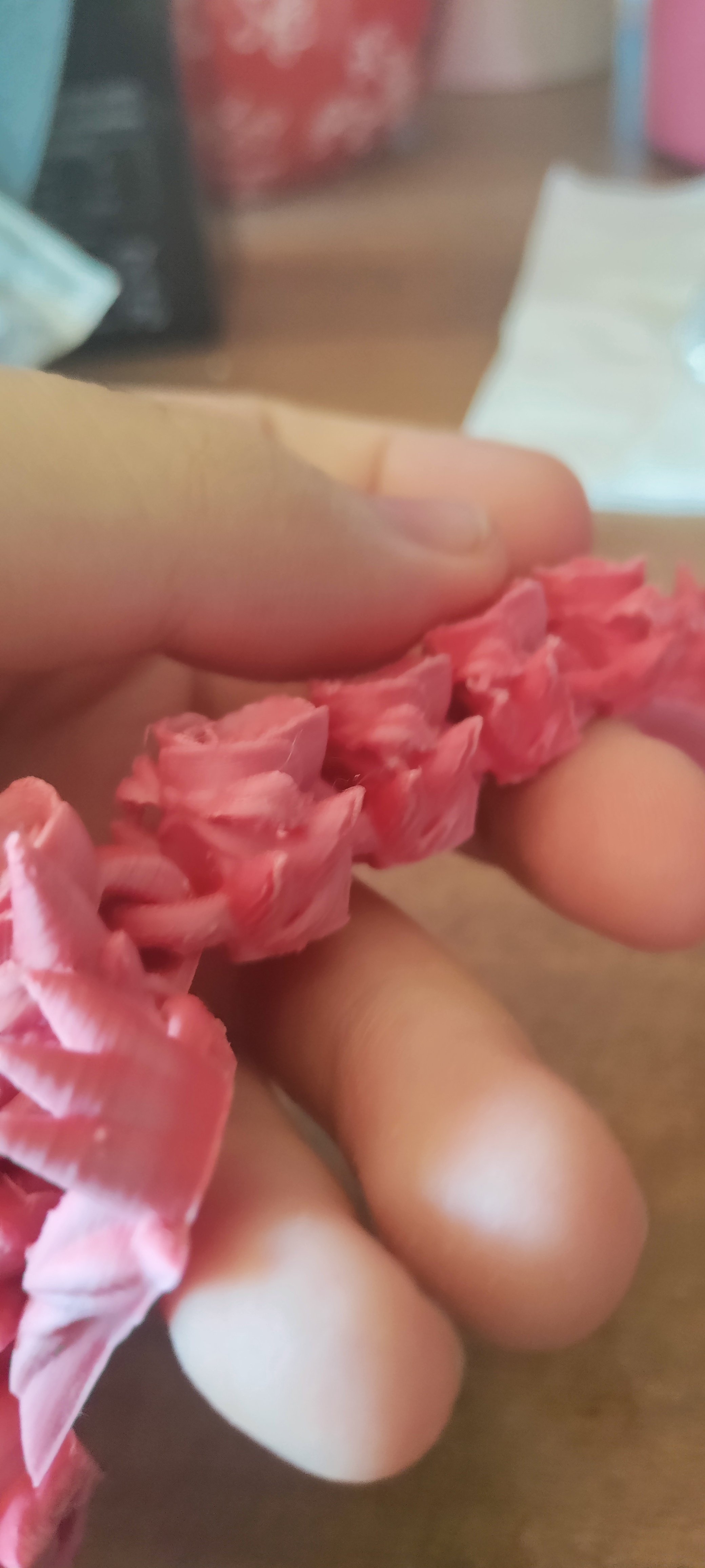
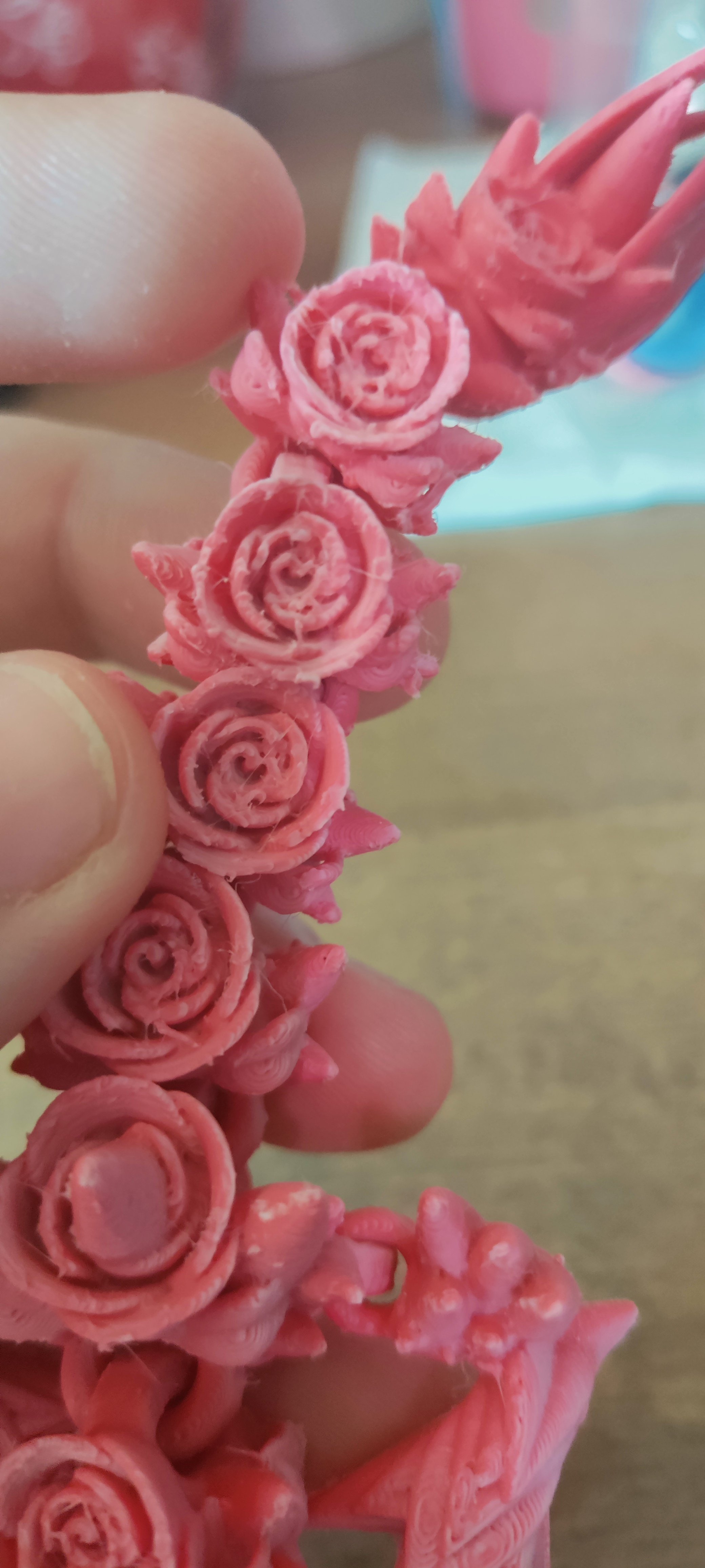
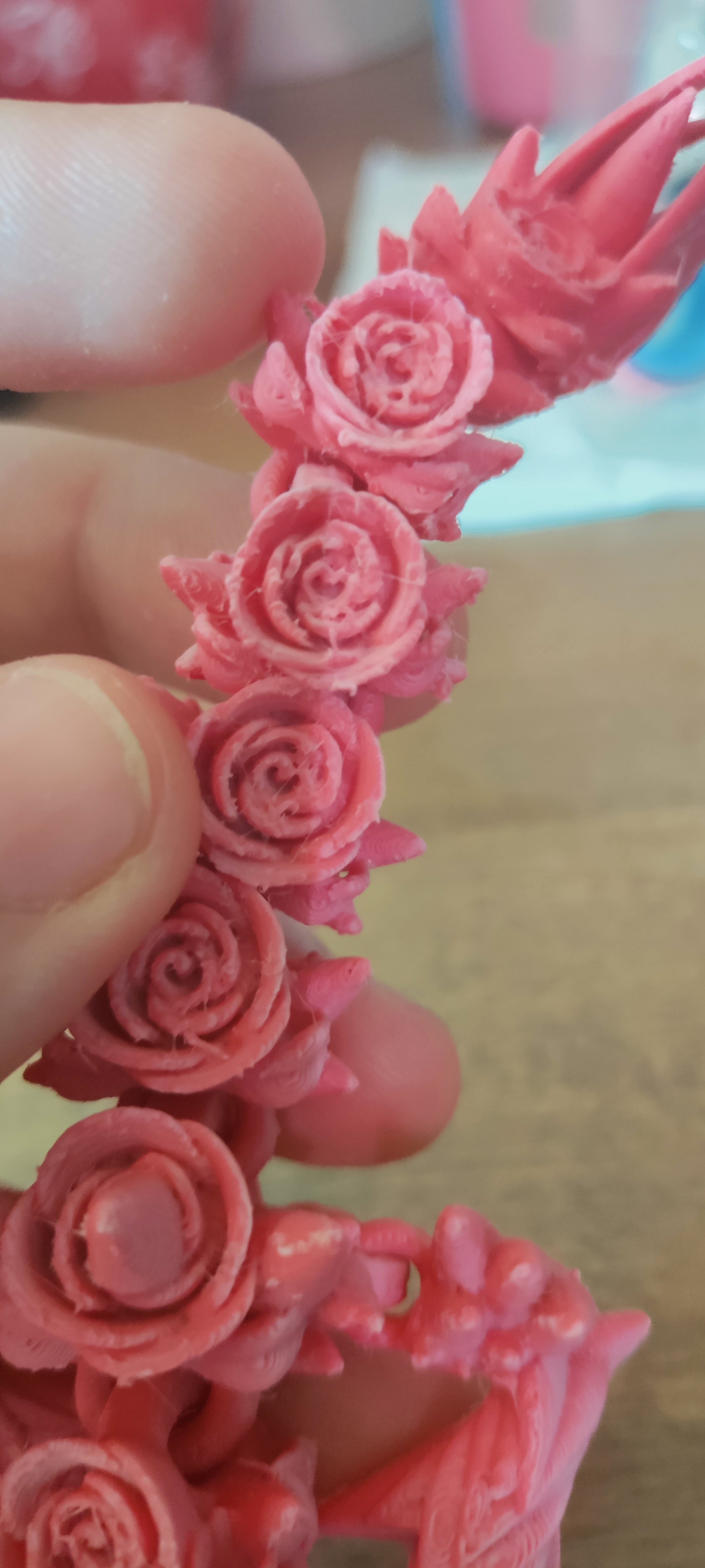
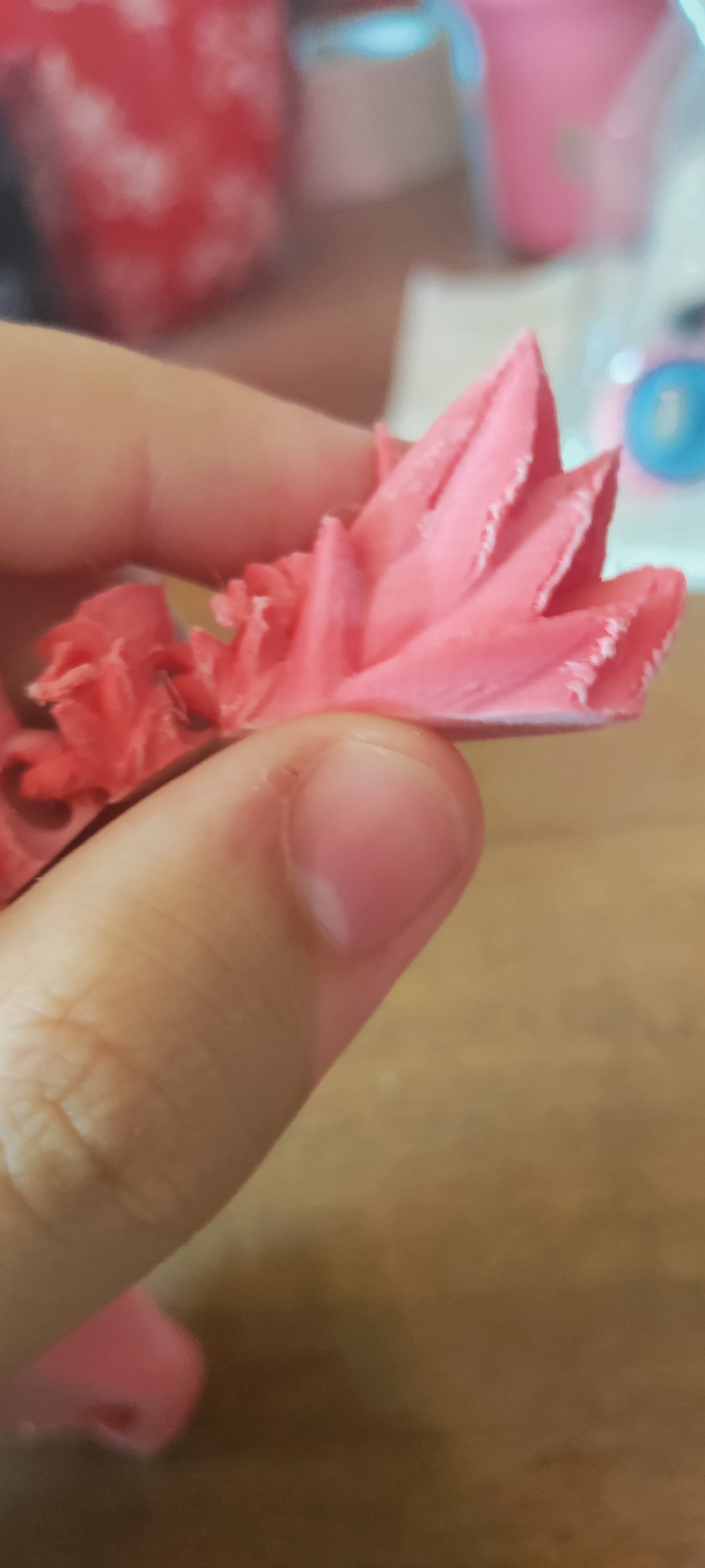
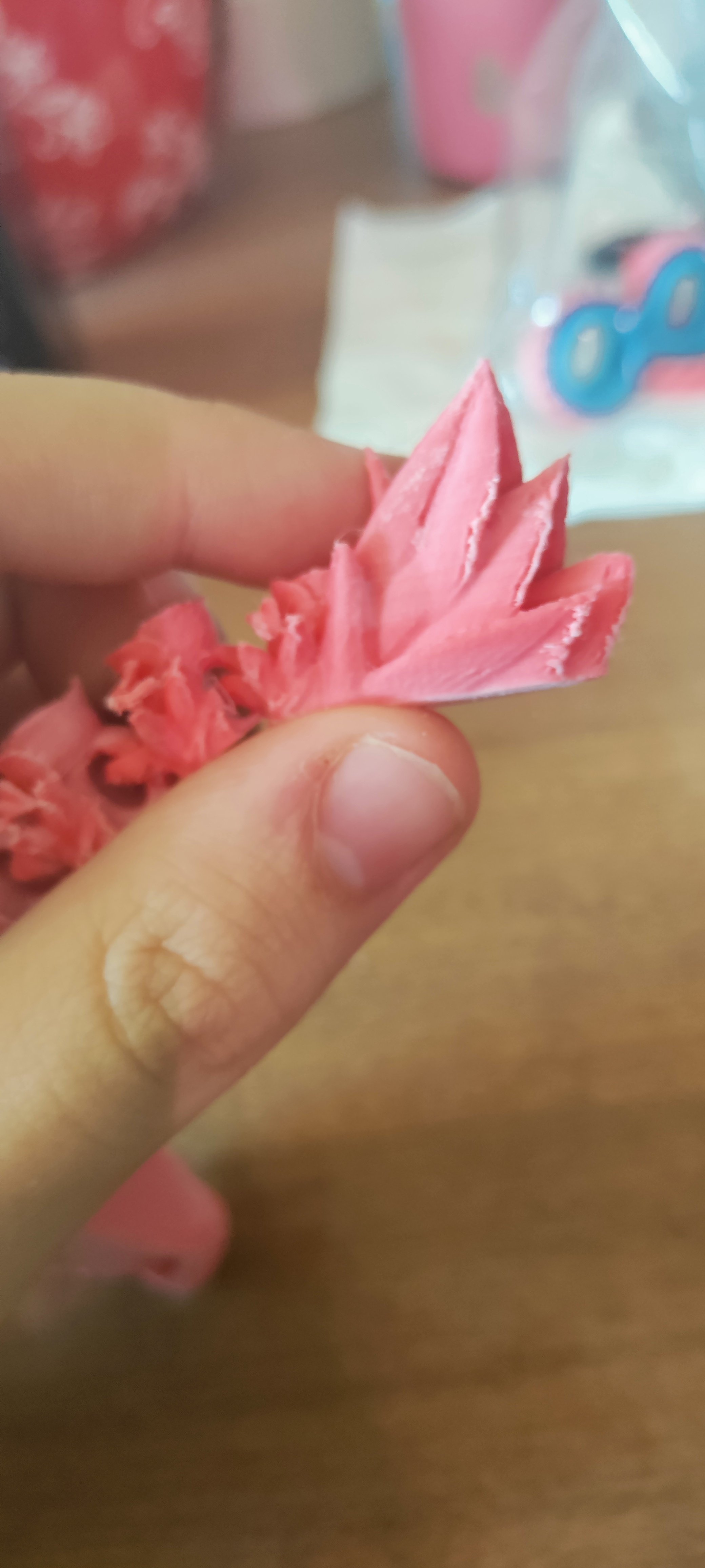
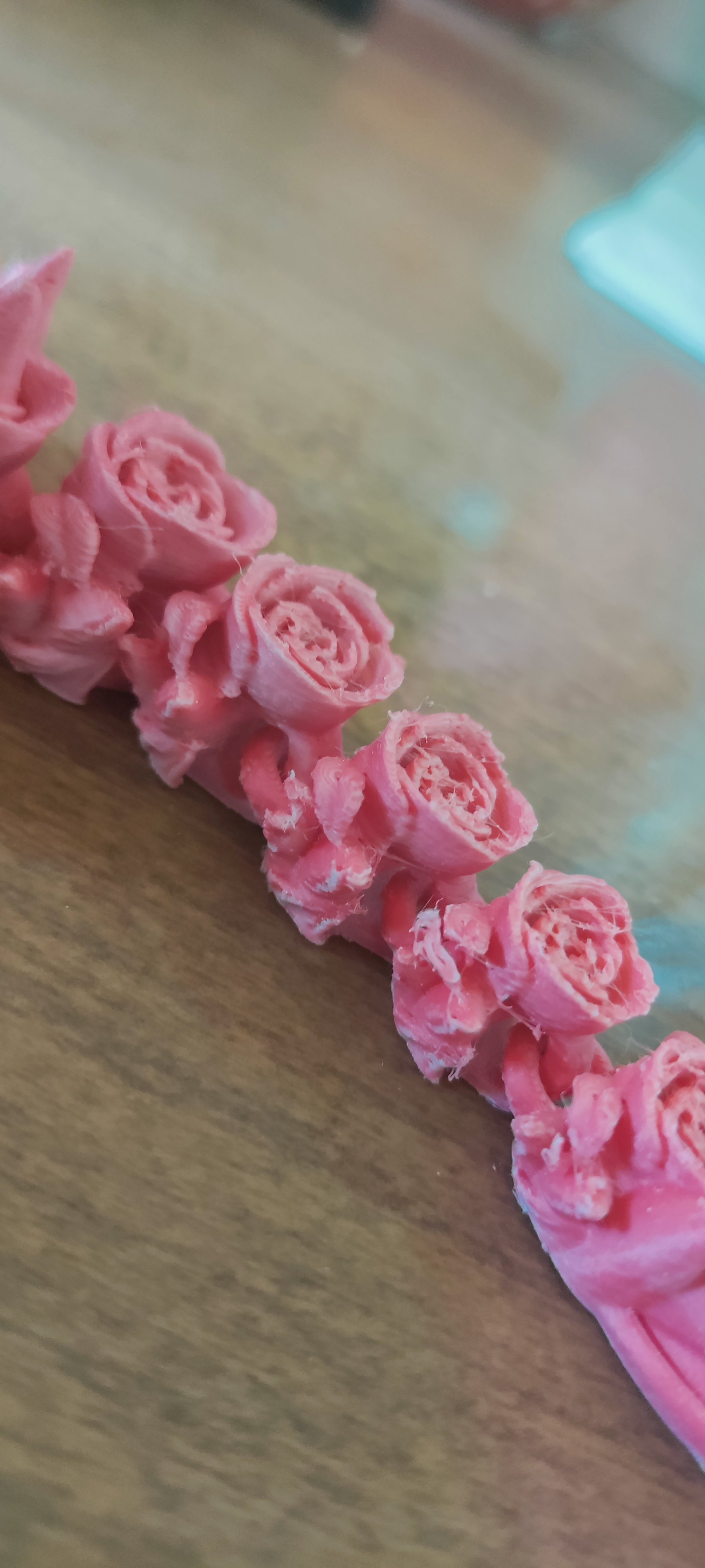
As others have mentioned:
Nothing wrong with Ender 3, if you thinker enough, you can get results as good as any other printer. But it may require tinkering. The model that you're printing is difficult with FDM printers of any kind. It has thin, delicate parts with steep overhangs. It can look better, but it's gonna be hard to achieve. Resin printers are definitely a better choice for this, but you use what you have.
Don't dry filament in the oven. Simply put the filament spool on the print bed, set it to 60°C (PLA) or 70°C (PETG) and cover it with a cardboard box to trap the heat. Poke 3 holes in the box to lead damp air escape. Let it cook for 2-4h, then flip the spool and wait for another 2-4h. Store in air tight container with some silica gel to keep it dry.
You're completely right, I forgot about that method. I've used it in the past, it works great and is far more controllable and safe.